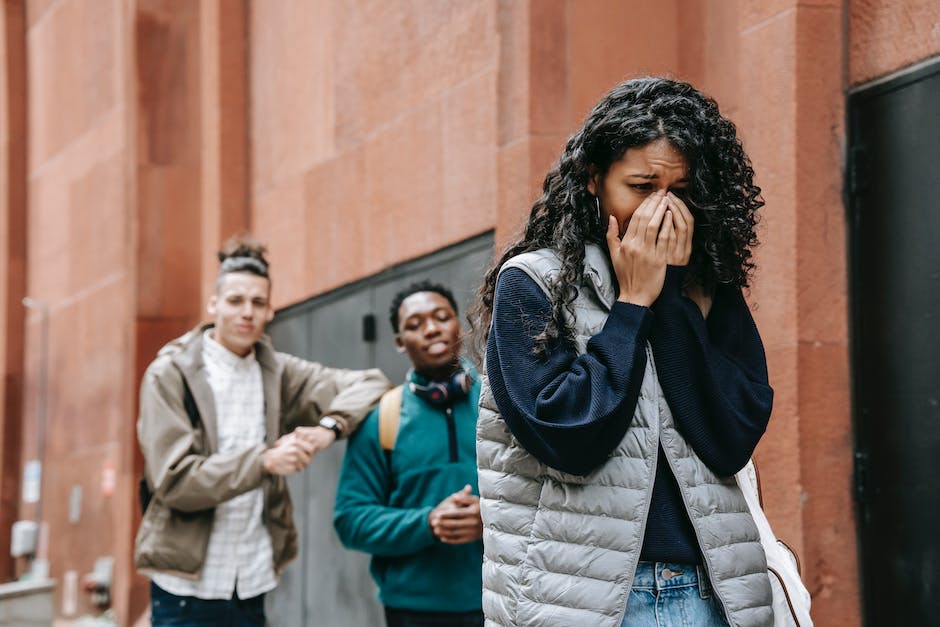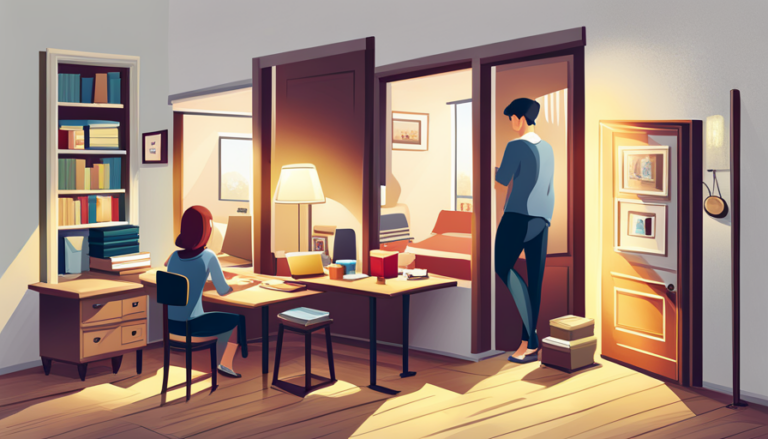Can Bullying Cause Social Anxiety
Bullying is a social problem that has been around for quite some time. As bullying has become more publicized,…

Bullying is a social problem that has been around for quite some time. As bullying has become more publicized, people have been able to take action against it more easily.
Since social media has become such a dominant part of people’s lives, it has also made it easier to identify bullying.
Bullying can happen in many forms, including physical abuse, verbal abuse or intimidation, social exclusion, and harassment. Victims of bullying can experience psychological distress as a result.
However, recent research suggests that there may be another unexpected consequence of being the target of cruel behavior: anxiety about social interactions.
In a study published in the journal Psychological Medicine last month, British researchers reported that victims of childhood bullying were twice as likely to develop social anxiety as people who had not been bullied.
The researchers studied nearly 20,000 men and women between the ages of 16 and 25 and compared records of those who had been bullied with those who had not. Over a period of seven years, 2,550 of the participants were diagnosed with generalized social anxiety disorder.
What is the relationship between bullying and social anxiety?
Bullying can cause social anxiety for a number of reasons. Bullies can shoo away people you feel comfortable with, creating less opportunities to socially engage.
When people are bullied, they can also develop low self-esteem as a result. This is because bullying usually happens because someone is perceived as being less than someone else in some way.
Bullying is often verbal which means it leaves scars on your emotional health because words have the ability to hurt deeply. When you have low self-esteem, you worry about being accepted and liked by others which can lead to avoidance of social situations.
Bullying can also lead to social isolation which further increases anxiety due to the lack of support and understanding from others. Because of this, bullying can actually cause more indirect anxiety by impacting your relationships and quality of life.
Can bullying actually cause someone to develop social anxiety?

Bullying can lead to severe emotional trauma, which may cause someone to develop social anxiety. If someone is teased or bullied frequently, they may start to believe that they are not worth very much because of other people’s opinions and actions towards them.
This can lead to a person having a low self-esteem and feeling like they need to keep away from other people in order to feel safe.
Bullying can lead to social anxiety for a few reasons. First, people who are bullied may start avoiding situations where they fear that bullying will happen again. This can lead to loneliness and avoiding friends and family, which only fuels the anxiety.
Second, bullying can make someone feel like they are not good enough or worthy of being liked or accepted. When this happens, a person may start trying to avoid situations that would make them feel uncomfortable or insecure, which only adds to the isolation.
What are some symptoms of social anxiety?

People who are experiencing social anxiety may feel nervous about everyday social situations. These situations can include meeting new people, talking in groups, standing up for yourself or someone else, and going out into the world by yourself.
Social anxiety can make it hard to enjoy hobbies and other activities because you’re worried about how you look or what people think about you. You may also worry about saying or doing the wrong thing.
Some people with social anxiety feel like they’re walking on eggshells, constantly trying to avoid making a mistake or being embarrassed or humiliated.
It can be stressful and emotionally exhausting, which can make other problems worse. People with social anxiety may avoid going to work or school, leaving them without an income and making it harder to get better. (1)
Symptoms can range from mild to severe, and some people experience symptoms that are more on the side of depression rather than anxiety.
What can I do if I am being bullied?

If you are being bullied, your first step should be to tell someone. Tell a parent, a teacher, or another trusted adult. This can be difficult, but it is important.
Bullies are often older than children and thus more likely to be recognized and addressed by adults.
Teachers typically give plenty of opportunities to speak up about bullying, so speaking up to a teacher is also likely to get some help.
Adults have a better grasp on social situations and what bullying is than children do, so they will probably understand and help you.
If you are unable to speak up, there are several apps that can help you get help if you are being bullied. Some of these include Bully Fire , Bullyspeak , and Bystander Revolution .
How can I help a friend who is being bullied?

If you see a friend, family member, or classmate being bullied, you can always step in and help. If you are close with the person being bullied, you can talk to them and spend time with them to make them feel better.
You can also talk to the person bullying to try to put an end to the bullying. If you are friends with the bully, then this might be easier to do.
Bullying is a very serious issue and needs to be taken care of quickly. If you see any type of bullying happening, report it! It is always helpful to tell a teacher or adult about what is going on so they can put an end to it.
If a friend, family member, or classmate is being cyberbullied, report that as well. Cyberbullying is just as serious as traditional bullying and needs to be taken care of.






